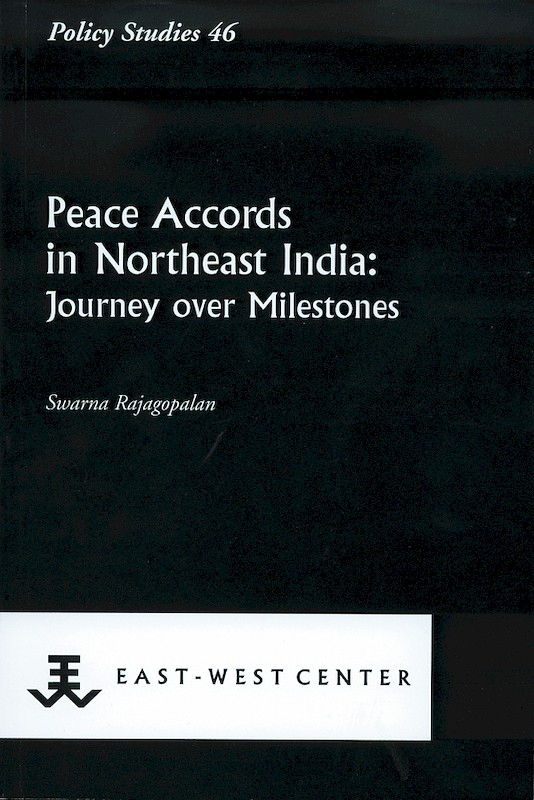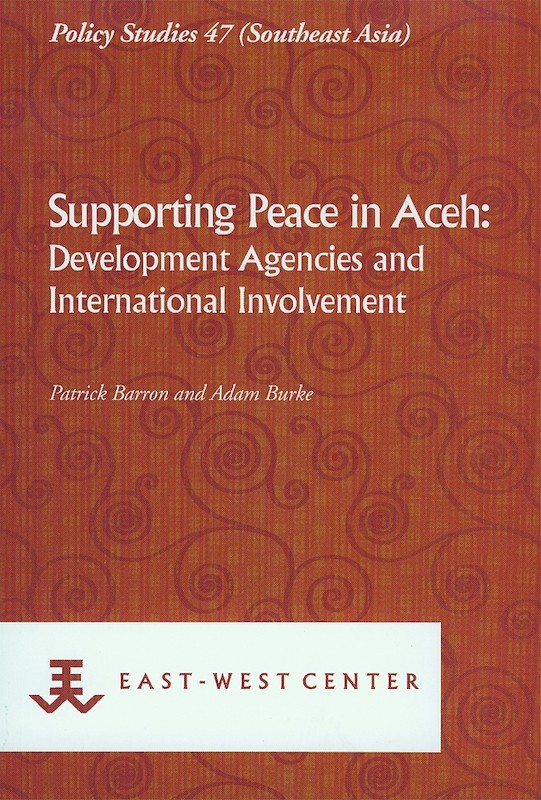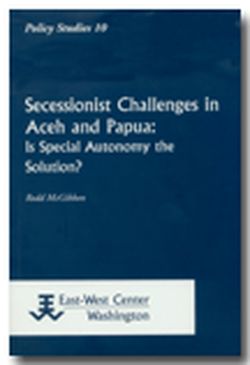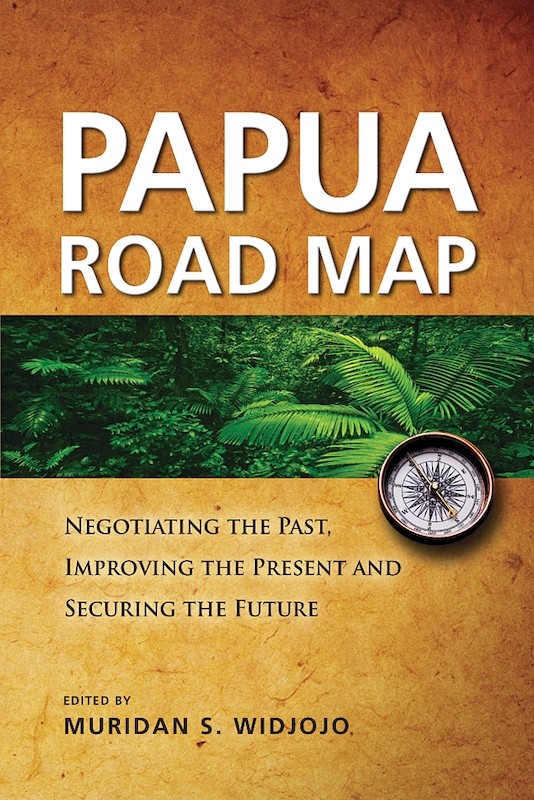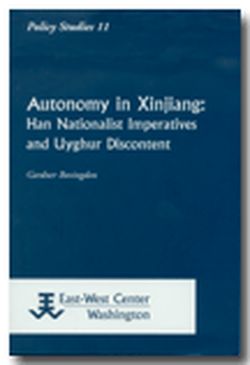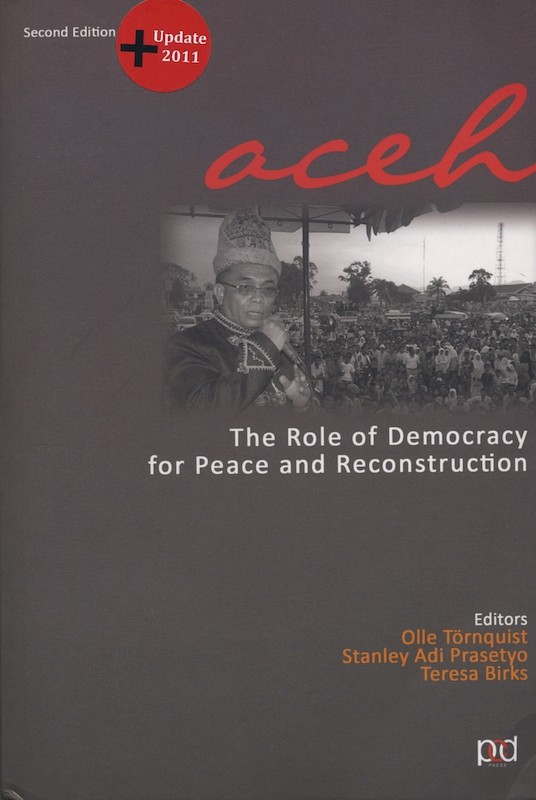Initiating a Peace Process in Papua: Actors, Issues, Process and the Role of the International Community
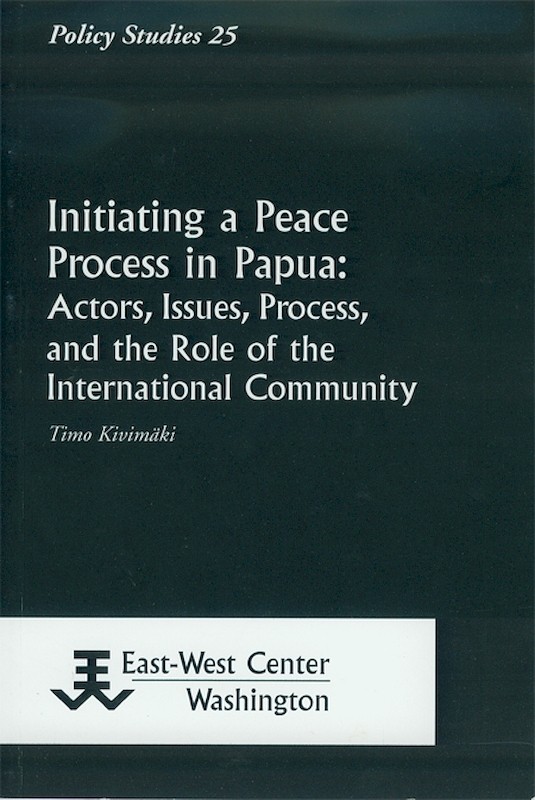
Timo Kivimaki, author
Date of publication:
2007
Publisher:
East-West Center
Number of pages:
83
Code:
PS25
About the publication
Drawing on the Aceh peace process, this study investigates the possibility of a peace process to resolve the conflict in Papua. It discusses the key actors, explores who should be brought into the peace process, what are the issues of contention, and how they may be packaged for dialogue. The study advances six findings: First, peace through dialogue is possible in Papua, although the Papuan case will require a more complex approach than that used in Aceh; second, negotiations must be more open, and mechanisms must be built to facilitate communication between the negotiators and their constituencies; third, the Special autonomy consultation process is one possible model for constructing such mechanisms; fourth, a lasting peace can only be built through a process that includes the radical secessionist elements; fifth, the accord must establish mechanisms to monitor implementation and guarantee the safety of the negotiators; and finally, the dialogue process requires international facilitation.
The Policy Studies series is published by the East-West Center. Available exclusively from ISEAS for distribution in Asia.
The Policy Studies series is published by the East-West Center. Available exclusively from ISEAS for distribution in Asia.

